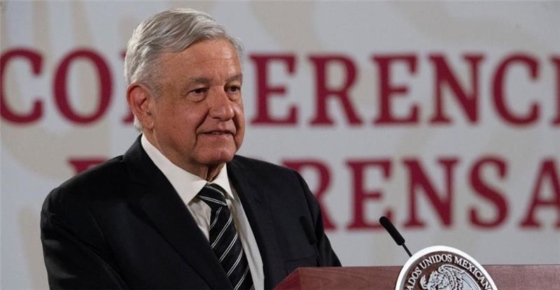
What Will AMLO Gain From His Visit to the White House?
A Latin America Advisor Q&A featuring experts’ takes on Mexican President López Obrador’s first trip abroad since taking office, to Washington.
A Latin America Advisor Q&A featuring experts’ takes on Mexican President López Obrador’s first trip abroad since taking office, to Washington.
Lisa Viscidi, director of the Energy, Climate Change & Extractive Industries Program, spoke with Natural Gas Intelligence’s Adam Williams about recent regulatory changes to Mexico’s energy sector and how they are impacting the country’s natural gas market. They discuss obstacles that could affect the country’s energy sovereignty, investment opportunities, natural gas imports from the United States, and concerns surrounding political risk in the sector.
Program Director Lisa Viscidi sits down with Ben Cahill of CSIS to discuss recent developments in Mexico’s energy sector.
Latin American national oil companies (NOCs) have made important advances in slashing emissions from their operations through techniques such as reducing flaring, improving energy efficiency, and injecting CO2 for enhanced oil recovery, according to a new report by the Inter-American Dialogue and the Inter-American Development Bank. Yet, progress in producing lower carbon energy sources for consumers has been sluggish, no Latin American NOC has committed to net zero emissions, and for some companies emissions are on the rise, the report finds.
Some governments in Latin America imposed early preventive measures and mobilized health systems to meet the threat of Covid-19. Meanwhile, others with populist national leaders have done very little to prepare for or otherwise mitigate the epidemic.
La exclusión y la expulsión son los resultados de estructuras estatales dañadas, afectadas por muchos países en condiciones estatales fallidas, así como la ausencia de consenso o polarización social y política sobre el tipo de sujeto político que conforma la sociedad moderna.
Until recently Mexico stood out within Latin America as a top potential producer of wind and solar energy, but policies under the López Obrador administration have made the climate for renewable energy investment increasingly hostile. Lisa Viscidi, director of the Energy Program, and Sarah Phillips, program assistant, sat down with Nathaniel Parish Flannery of Forbes to discuss what’s ahead for Mexico’s renewable resource sector.
Dr. Julio Frenk, president of the University of Miami, has published a new book titled Proteger a Mexico: un enfoque integral para que el gobierno no nos falle, a case study of Mexico’s health care system.
Long-term power supply auctions are an increasingly popular instrument worldwide for attracting renewable energy investment while cutting prices, increasing energy security, and reducing emissions. Latin America has been at the forefront of using auctions to boost renewable energy capacity. This study analyzes design and outcomes of government-led long-term power auctions with participation from non-conventional renewable sources in six countries in Latin America and the Caribbean (Brazil, Chile, Mexico, Argentina, Peru, and Jamaica) since 2015.
Top content from the weekly Energy Advisor publications this year.
How will the changes affect the three North American countries, and which sectors are set to gain or lose the most from them?
This event, hosted in collaboration with the Institute of the Americas, aimed to examine the issues facing Mexico’s climate for energy investment across various sectors including power, renewables, oil and natural gas.
Top selections from the Latin America Advisor’s editorial staff of issues covering especially important developments during 2019, a remarkable year for Latin America and the Caribbean.
Lisa Viscidi, director of the Energy, Climate Change and Extractive Industries Program, gave a presentation to the Energy Working Group of the Elcano Institute on clean energy auctions in Latin America and how their intelligent design could benefit other countries in the region.
2019 marks the first year since new leaders in Brazil, Colombia and Mexico took office. We can now see more clearly the way their policy decisions have affected the energy sector and opportunities for investment. Meanwhile, Argentina holds presidential elections later this month. Venezuela, in turn, faces a worsening economic crisis as oil production plummets. Industry experts, government officials, and corporate representatives convened to discuss these issues and their regional impacts on October 2 at the Inter-American Dialogue.
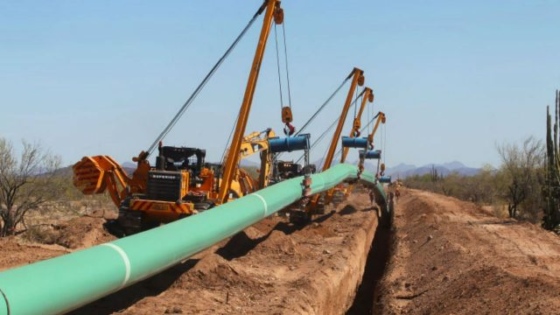
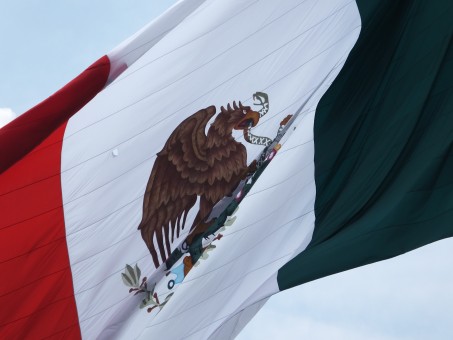 Video
Video
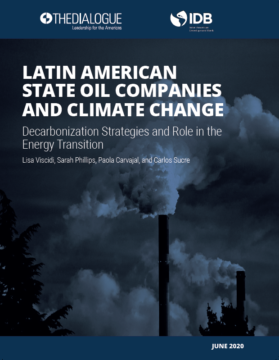
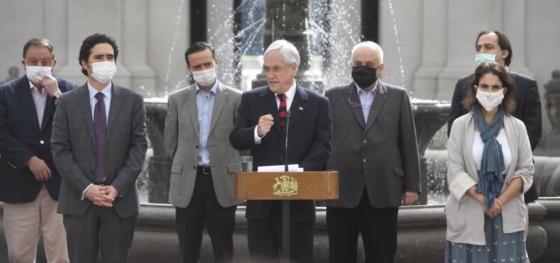

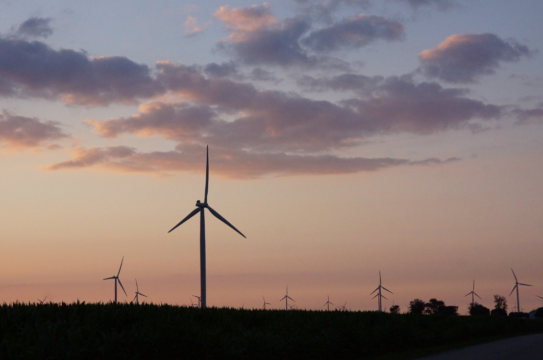
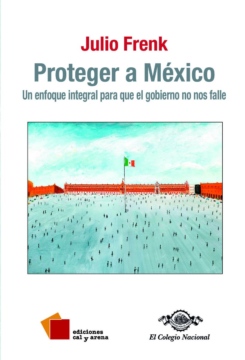
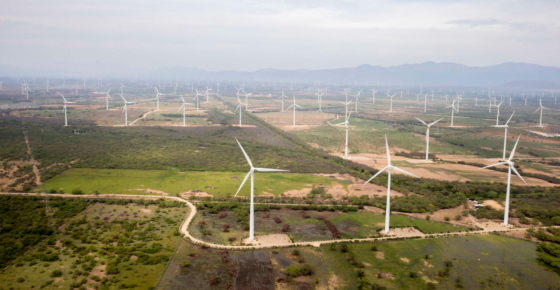
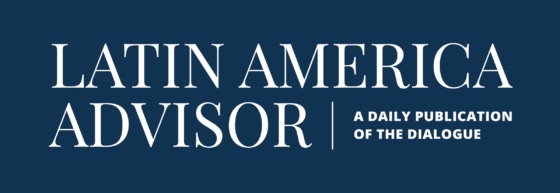
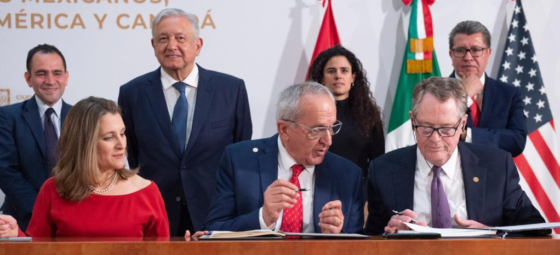

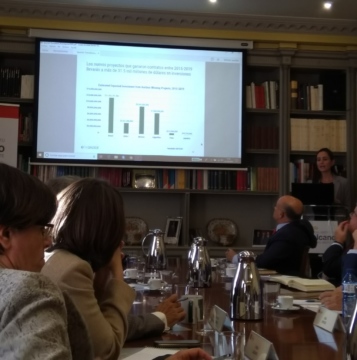
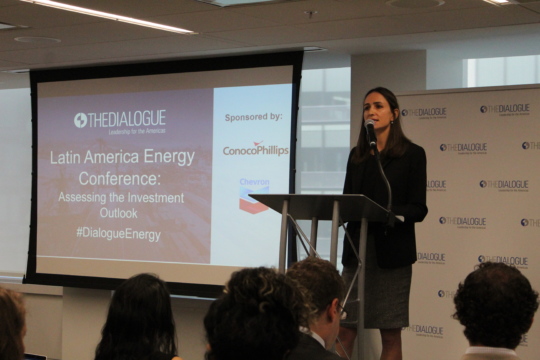 Video
Video